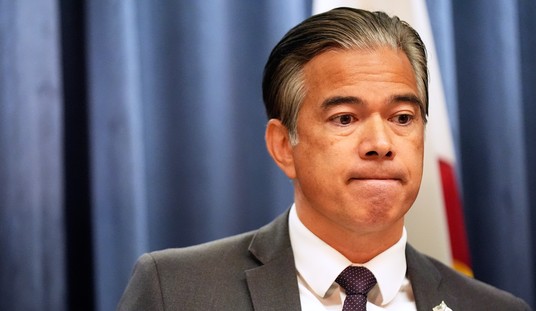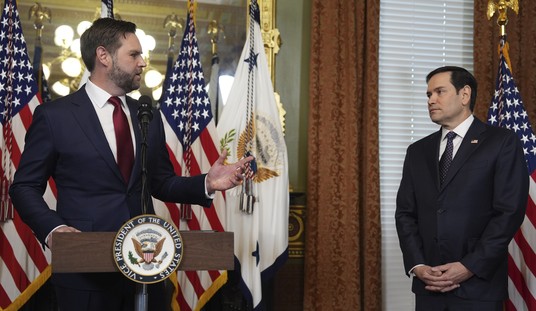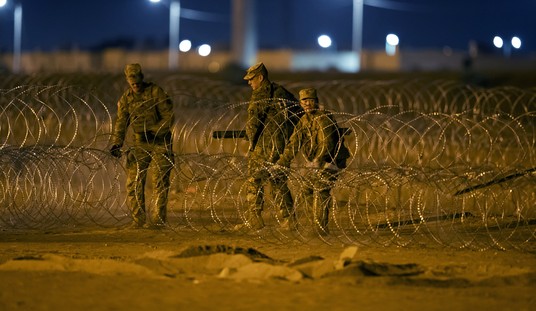Before the US adopts the silly cap-and-trade “market” approach to curbing carbon emissions, perhaps we should see what the recession has done to the European carbon market. The EU has spent a lot of money rediscovering the laws of supply and demand in this recession. Instead of making carbon emissions a scarcity, the economic collapse has created a glut of indulgences:
A year ago European governments allocated a limited number of carbon emission permits to their big polluters. Businesses that reduce pollution are allowed to sell spare permits to ones that need more. As demand outstrips this capped supply, and the price of permits rises, an incentive grows to invest in green energy. Why buy costly permits to keep a coal plant running when you can put the cash into clean power instead?
All this only works as the carbon price lifts. As with 1924 Château Lafite or Damian Hirst’s diamond skulls, scarcity and speculation create the value. If permits are cheap, and everyone has lots, the green incentive crashes into reverse. As recession slashes output, companies pile up permits they don’t need and sell them on. The price falls, and anyone who wants to pollute can afford to do so. The result is a system that does nothing at all for climate change but a lot for the bottom lines of mega-polluters such as the steelmaker Corus: industrial assistance in camouflage.
“I don’t know why industrials would miss this opportunity,” said one trader last week. “They are using it to compensate for the tightening of credit and the slowdown, to pay for redundancies.”
All of which has set off what Julian Glover calls the “Great Pollution Fire Sale”. He blames the EU for being too generous in its allocation of carbon credits, but the allocation was calculated during economic growth. The EU wanted to make sure that the cap-and-trade system didn’t interfere with the economy, and so made sure that the energy producers didn’t get disincentivized enough to create artifical energy shortages that would have stalled growth.
Now, of course, Europe has all sorts of excess capacity in energy production thanks to the economic downturn of the past few months. The cap-and-trade system essentially subsidizes non-production, and the energy producers have cashed in. Only now, those credits aren’t worth warm spit, because no one else is ready to start producing enough to worry about exceeding carbon caps. It’s a perfectly-formed system for failure; no one would part with the credits in boom times, and no one will buy them in a bust.
Part of this comes from the fact that the commodity being traded has no essential value anyway. It’s air, the ultimate vaporware product. There is no scarcity in carbon dioxide, and so markets for it will always be artificial and contrived. Glover’s criticism about the amount of credits is akin to rearranging deck chairs on the Titanic. The problem isn’t the credits, but the falsity of the entire operation.








Join the conversation as a VIP Member